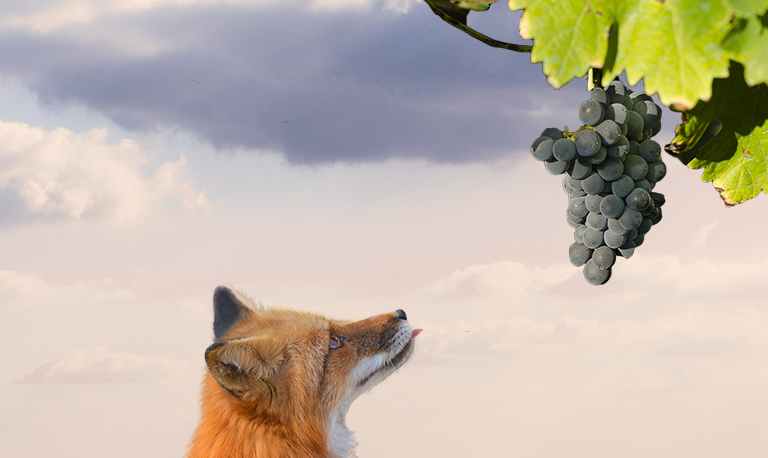A new article about motivated reasoning and confirmation bias, and their consequence to animal activism

Animal Ethics recently started publishing a series of papers assessing different cognitive biases. We will be regularly publishing new articles about this. We have just published a new text that examines how our judgement can be distorted by our preferences and our wish for reality to match our previous beliefs. You can read it here:
Motivated reasoning and confirmation bias
The point of this work is to help animal activists to improve their efforts by being aware of the effect these biases have:
First, because this can help us to better understand how people can react to the different ways we present our message to help animals.
Second, because this can lead us to improve our decisions concerning what strategies and tactics may be better at conveying our message, given that the choice of the courses of action we follow may be distorted by biases we may have.
Finally, the third and more important reason for this is that our biases may confuse us when it comes to determining the most important causes we should focus on. To attain our aims, we must start by addressing the fundamental issue of where and how can we do more good. However, the cognitive biases we all have may lead us to make wrong decisions if we’re not careful.